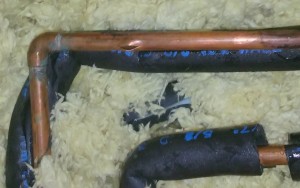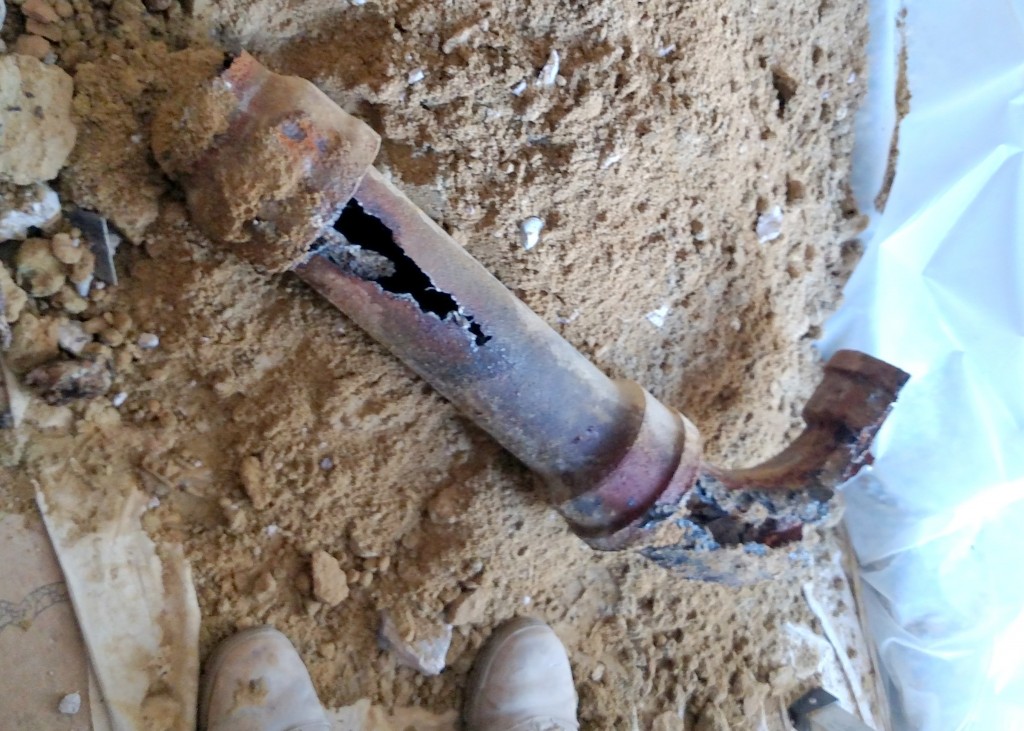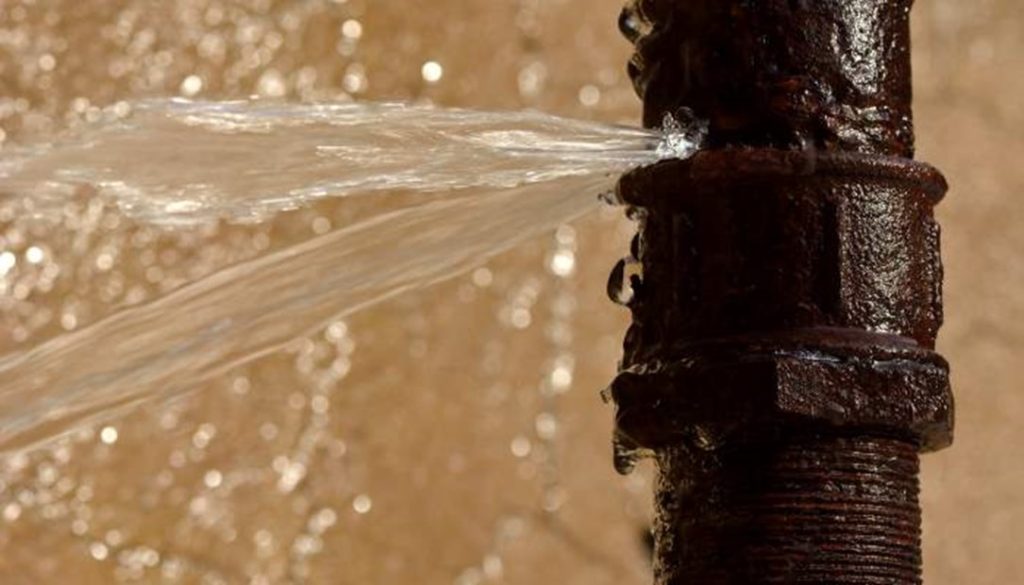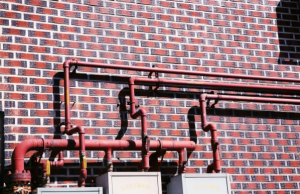Tips for Choosing the Best Contractor to Repair Broken Pipes
When upgrading a home, one of the things that you will be looking at is the drains. You want to ensure that after renovations, you have a properly functioning plumbing system
It all starts by choosing a plumber to work on your drainage pipes. Regardless of where you live, you are likely to find many contractors for this job. However, it is unlikely that they all will be suitable. You need to find out what they are capable of. For example, you may ask for some of the projects that they worked on and see if they reflect what you want. You also should talk to them about your unique needs so that they understand your project.
Latest Plumbing Technology
If you look at some of the leading plumbing companies in your area, you will notice that they have invested in the latest technology for broken pipes repair. Some of them use video inspection to find faults in pipes and fix them accordingly. This is the reason they are always fast and accurate in what they do. If you choose a company that still relies on ancient techniques, you will only end up a disappointed customer.
When looking for a contractor to repair broken pipes, you should insist on experience. During their work, plumbers acquire unique skills and therefore, they become better with time. At the end of the day, what you need is a home with the perfect drainage system
Entrust the repair of your broken pipes to the professional plumbers of this company. They are available 24/7, including holidays and weekends. They also offer water damage restoration services.

Burst pipes and water leaks
Water damage to your property is usually covered as a standard feature in your buildings insurance policy. Often referred to as ‘escape of water’ by insurers, it can be caused by several issues, from burst pipes due to freezing temperatures, to a leaking dishwasher or an overflowing blocked toilet.
Stopcocks – know where these are and make sure that you test them regularly as they often seize up. If there is an escape of water / water leak in your home, turning off the stop cock asap can help to limit the level of damage caused.
Consider fitting a leak detection device which will monitor your usual water use and turn off the water if it suspects a leak. Use a plumber or a professional to install these types of devices. Some insurers may offer help with the installation of a leak detection device and may also take this into account when pricing your cover
Where possible, regularly check the pipes where your appliances are plumbed in for any looseness, leaks or drips. In areas where pipes are covered but that you still have access to (e.g. behind removable bath panels, toilet cistern panels and underneath kitchen units, where accessible,) it’s a good idea to take a look every now to make sure there aren’t any small leaks which could become major
Consider what you are putting down your drain, and make sure that you clean drains regularly if you suspect a blockage. Substances such as fats and oils from cooking, produce stickers, baby wipes, sanitary products and even hair can all cause clogs in drains and toilets

Guide to Sewer Pipes: Clay, Iron, Plastic, and Orangeburg
Few, if any, homeowners ever elect to dig up their yard to take a look at their sewer pipe. Pipe assessment is never an elective activity; it’s usually forced upon you when the toilets refuse to flush and wastewater comes up instead of going down.
Digging up and replacing your sewer pipe is that dreaded activity that destroys landscaping, costs a bundle, and accomplishes nothing other than letting you return to life as usual. Understanding what kind of sewer pipe you have helps to minimize the pain a bit since you will know whether you can continue with the same pipe or switch to a different pipe. Often, the type of sewer pipe running through your yard corresponds with the age of your house.
Older Homes
In older properties built before the 1950s, you might find clay pipe, cast-iron pipe, or a fiber conduit pipe called Orangeburg. Clay and cast-iron are older types of sewer piping and can remain in the ground as long as they are still moving waste with no leaks. Orangeburg sewer pipe is worth replacing if you have the ground opened up, even if the Orangeburg appears to be in good shape.
Newer Homes
Homes built from the 1970s onwards tend to have plastic sewer pipe. In some rare instances, you may find older cast-iron or clay sewer lines at a new house. The new house (and even some remodeled houses) will often have new pipe installed within the house envelope itself and extending a few feet into the yard. The yard area is where the old sewer pipe will start up again and continue all the way to the city sewer main.
Plastic: PVC and ABS
Plastic sewer pipe for underground installations is available in both ABS and PVC. Both types of pipe have smooth interiors for excellent carrying capacity of solid waste matter. The smooth exteriors also help resist root anchorage

How Much Does It Cost to Fix a Broken Water Pipe?
Average Costs of Typical Pipe Bursts
One of the main costs to consider when dealing with a broken pipe is water damage. Due to flooding and leaks in your walls, ceiling, floor, or basement, you can expect to pay anywhere from $5,000-$50,000. The average insurance claim for a broken pipe and water damage is about $15,000 and up if you have a broken water pipe in wall or floors. While the cost to repair leaking pipe in ceilings is comparable. Your homeowners insurance should cover a majority of the water damage costs, but may not pay to repair the broken pipe. Factors such as location, severity of the break, and level of internal damage can affect how much you will pay.
If the broken pipe is on a small fixture and is easily accessible, you may be able to fix it yourself. On average you can expect to pay anywhere from $10-$50 for a do-it-yourself kit to repair a simple leak. If there is not an excessive amount of water damage, and you choose to hire a plumber to repair your broken pipe, you can expect to pay anywhere from $50-$250. In the case of an emergency, the cost may go up to $300-$600. Again, there are other factors that can affect these prices, such as how much work is needed and the materials required for proper busted water pipe repair.
Estimated Price of Additional Costs
If the reason your pipe burst is due to frozen water, the area may need to be thawed in order to properly locate and repair the pipe. The process for doing this can cost you anywhere from $20-$500.
In the case that there is damage to a water line that has also compromised the electrical wiring in your home, you may need to hire an electrician to come make sure your circuits and wires are working properly so that there are no potential safety hazards. This can cost anywhere from $100-$1,000, depending on the severity of the issue.
If you choose to contract a plumbing company to help you repair your busted pipe, you’ll need to factor in installation fees and any additional costs of materials needed to get the job done

Common causes of leaky, cracked & broken pipes
Corrosion of the pipe
Corrosion weakens your pipes outer surface until it develops leaks. These leaks are difficult to detect and gone undetected can cause serious damage to your insulation, drywall and foundation
High water pressure
Increased pressure inside your pipes can cause leaking around the connections and valves. The rise in pressure can be related to problems with a hot water heater. Or the culprit may be hardness of your water. Hard water causes a mineral build-up along the inside of your pipes. This may be corrected by the installation of water softener.
Poor plumbing installation or repairs
If your pipes were not installed or repaired by professional plumbers, there is a chance that poor connections will eventually lead to leaks, cracks and breaks in your pipes.
Aging Pipes
As pipes age, they experience regular wear and tear. Over time, pipes rust, corrode, become weak and start to erode. Signs of aging water pipes include a poor water pressure, rusty discolored water, bad tasting water, small dark flakes in your water, problems running more than faucet at a time, complete loss of water flow, leaks or signs of corrosion. Replacement of effected pipe or complete re-piping is your solution.
Pipe leaks can be both the easiest and most difficult plumbing repairs to identify. If the pipe under your kitchen sink begins to leak or spray, you will notice it in your cabinet and on your floor. However, if a pipe inside your wall begins to leak, you may not notice it until it begins to cause serious damage. We believe that knowing why your pipes leak, crack or break may not only help prevent major damage to your home, but also help you understand why enlisting the help of a professional plumber is so important.